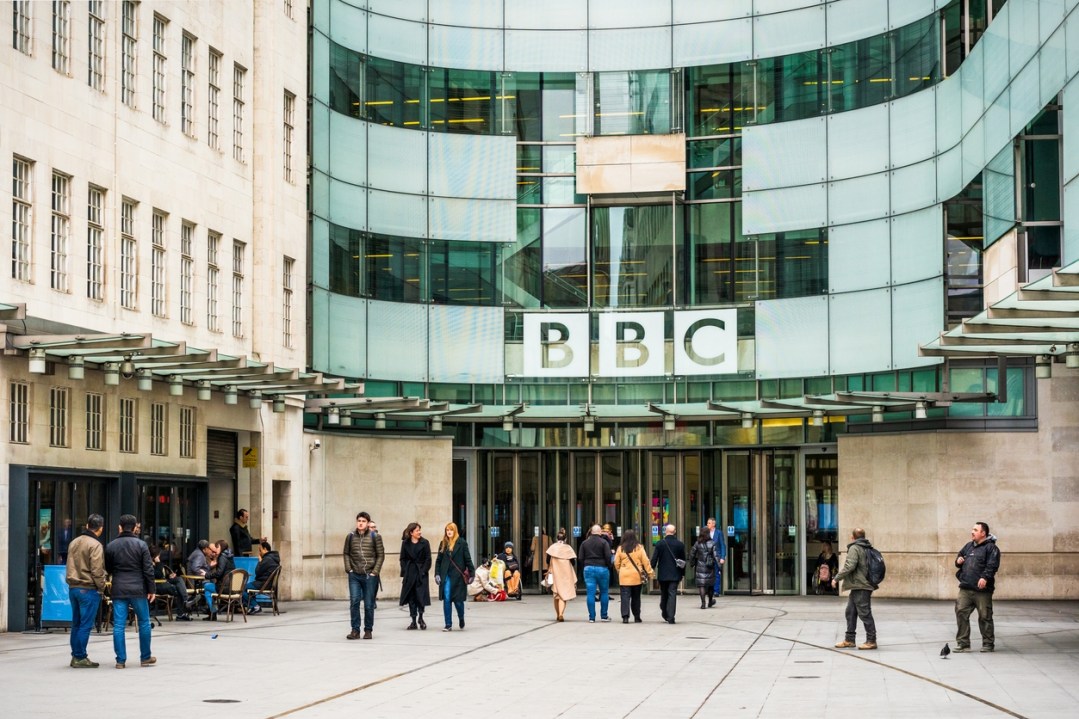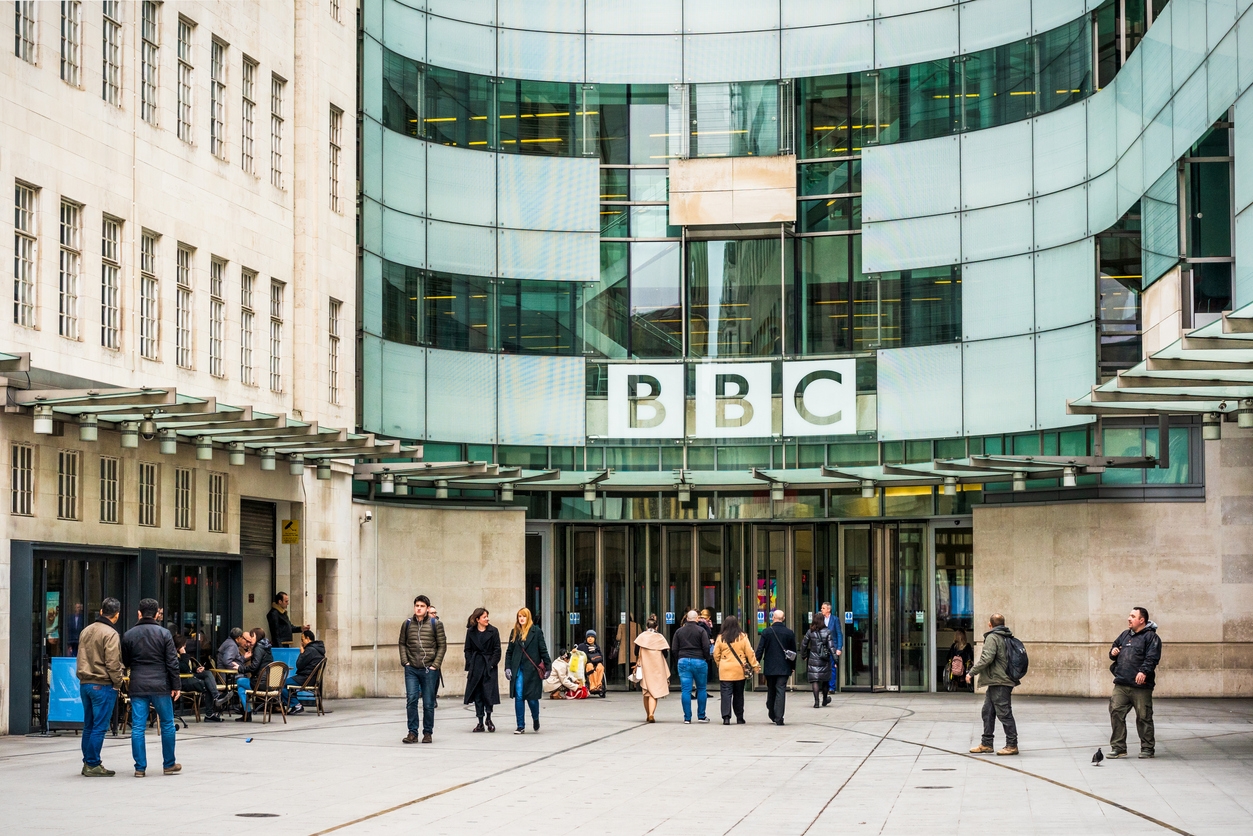Of all the stupid things the BBC has done lately, their latest diktat must be the stupidest: a global warning to staff that they are subject to disciplinary action if they’re caught ‘virtue signalling’. Here is poor old Aunty, wetting her bloomers at the prospect of another roughing up from the mean girls in Downing Street – and in the process adopting a fatuous culture-wars catchphrase as if it were some gold standard of political neutrality.
As I’ve argued here recently about ‘woke’, the term ‘virtue signalling’ is not an argument but a sneer. When you say somebody is ‘virtue signalling’, you’re not bothering to commit yourself to an argument about whether the position they are taking is right or wrong. (Perhaps, indeed, you feel on sticky ground entering that argument.) Rather, you are making a groundless and unfalsifiable presumption about their motive for doing so and using that as the supposed basis to dismiss the whole shebang. It immediately, lazily and arrogantly, frames any assertion of a moral or political principle as an act of narcissism.
Peer pressure is one of the reasons nobody in Croydon these days has much to say in favour of forced marriage, cannibalism or human sacrifice
And here’s the thing. ‘Virtue signalling’ is no bad thing. People affirming values publicly is how values propagate through a society. How else do you think it’s supposed to happen? It’s just not the case that all we need is to go about quietly doing good and let our deeds be an example. If Jesus had confined himself to low-key good works, no doubt he’d be fondly remembered in some corners of the Galilean community, but he was a bit more ambitious than that – and I think we’ve all benefited.
Was Josiah Wedgwood ‘virtue signalling’ when he produced the pre-social-media meme of a coin with a supplicant slave on it and the legend ‘Am I not a man and a brother’? Was the UN ‘virtue signalling’ with its Universal Declaration of Human Rights?
When you sing ‘Rule Britannia’, or lay a wreath at the Cenotaph, or proudly sport a Union Flag in your car window, or take your hat off in church, are you not virtue signalling – proudly affirming your support for a set of values and membership of the group that shares those values?
And, yes, peer-pressure or signalling group membership is part of the process. Why is that a bad thing either? Anthropologically speaking, our moral views are bound up with our group identities. Peer pressure is one of the reasons nobody in Croydon these days has much to say in favour of forced marriage, cannibalism or human sacrifice. And perhaps there is an element, as there may be, of pleasure in feeling that you are doing good or standing up for something good. Why shouldn’t there be?
Ah, defenders of the phrase will say. We’re not talking about those people. We’re talking about ghastly lefties who complain about climate change while taking international flights, or people with BLM in their Twitter bios and no black friends, or people who claim to be socialists but have second homes… well, sure. I don’t admire these people either.
But there are quite adequate words for those things already: ‘hypocrisy’, for example, or ‘tokenism’. The Galilean I mentioned earlier had some starchy things to say about whited sepulchers. So call them ‘hypocrites’ – provided you’ve evidence to do so. Or say they’re all words and no action – though there’s a good case for speaking up for principles even as you struggle to adhere to them yourself. Hypocrisy is the tribute, after all, that vice pays to virtue. The Galilean was big on human fallibility too.
So call them hypocrites, or call them tokenists, if you have grounds to. Or go one better: be a tough guy and make a proper case as to why the principles they’re speaking up for are wrong. But don’t pretend that calling someone a ‘virtue signaller’ says anything much about anybody but you.








Comments